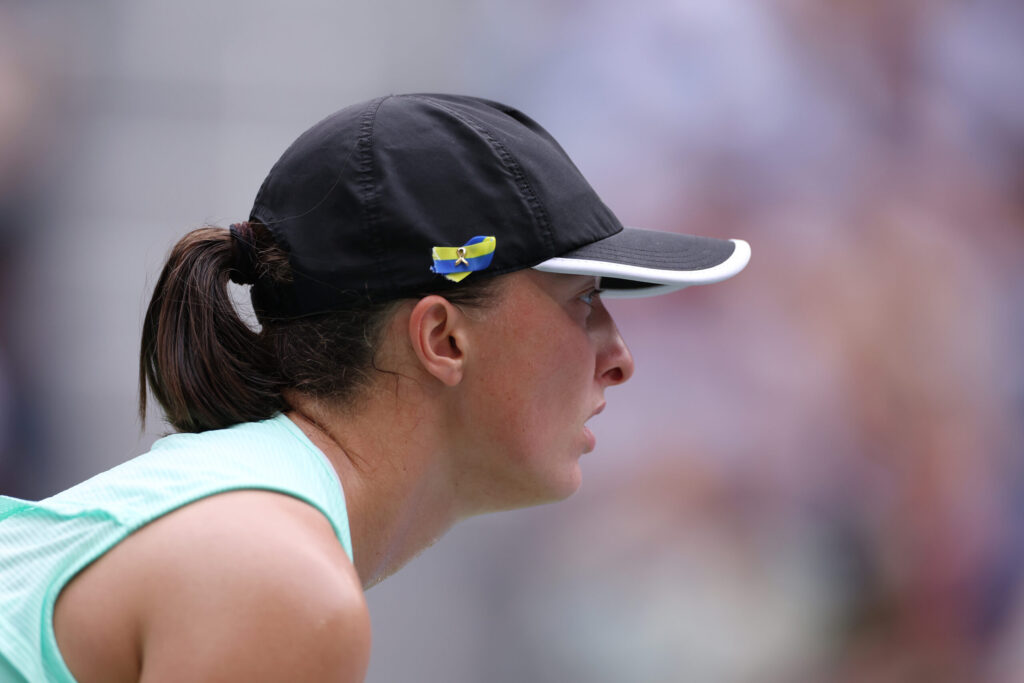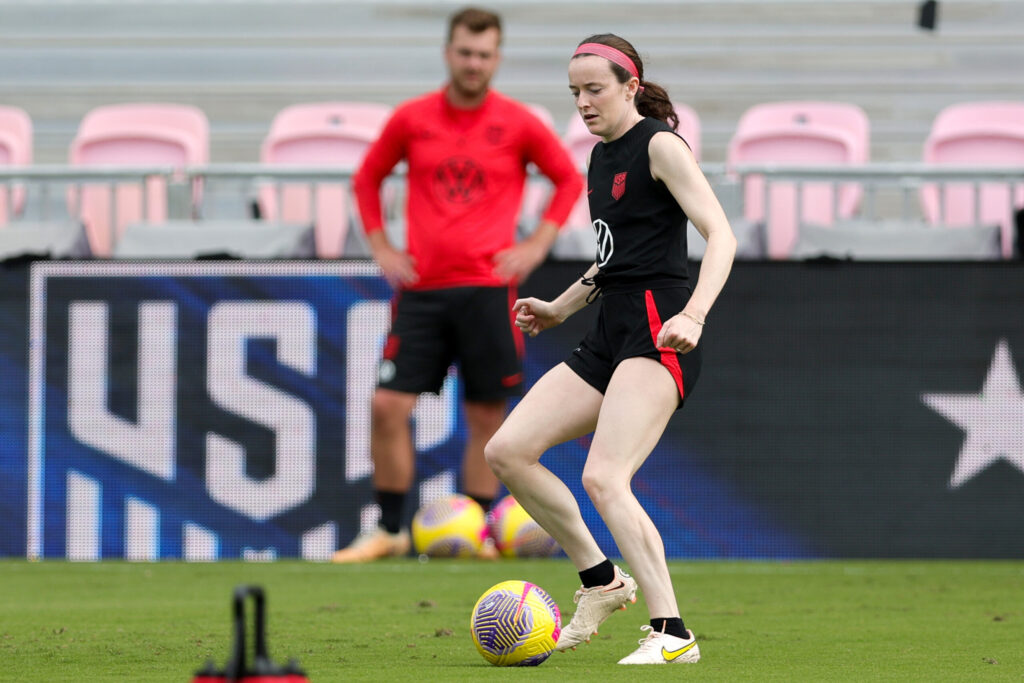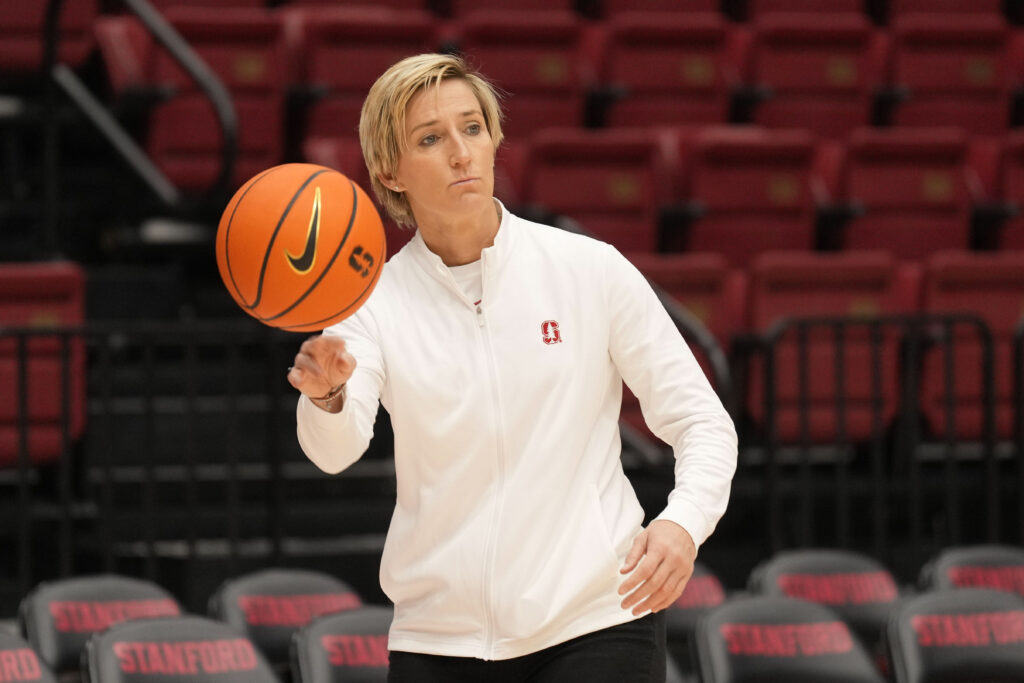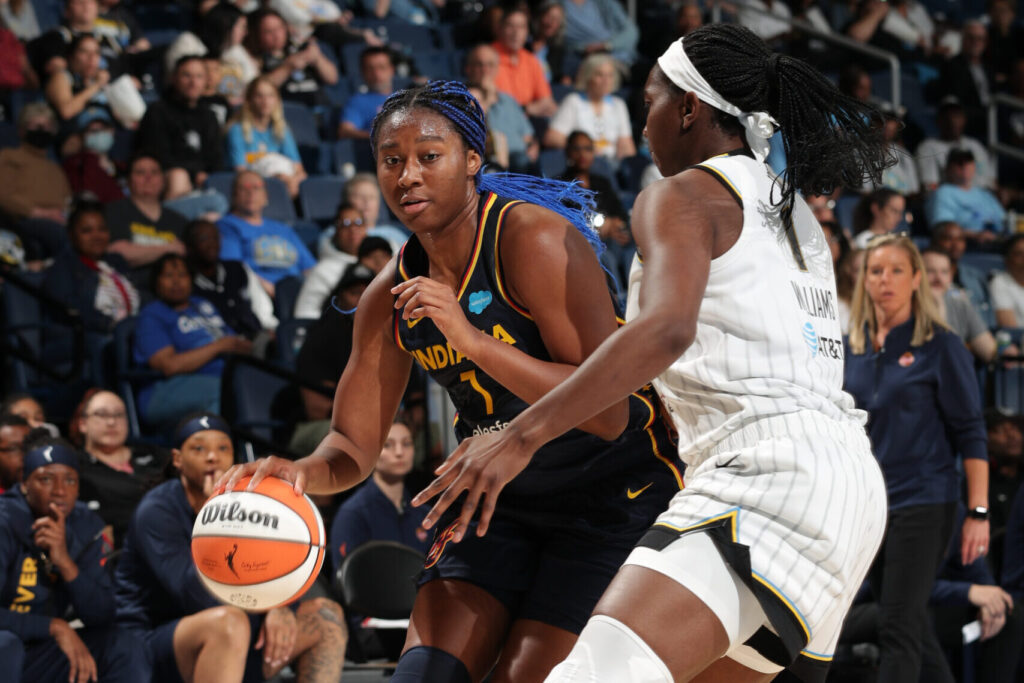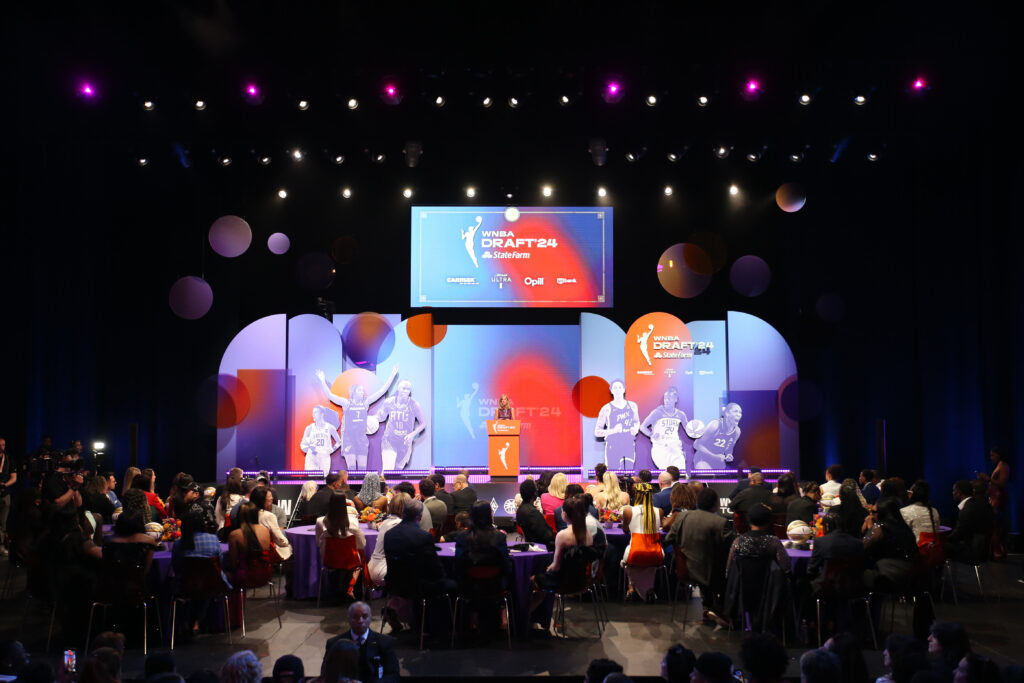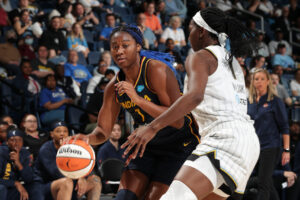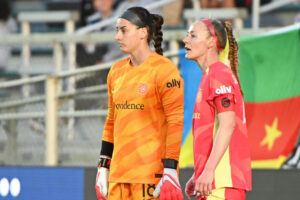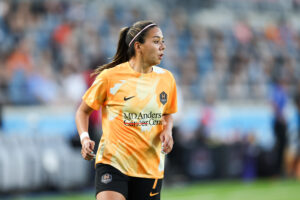World No. 1 Iga Swiatek believes that tennis authorities missed an opportunity to take a strong stand against the Russian invasion of Ukraine when they failed to ban Russian and Belarusian players in the immediate aftermath.
Following the invasion in February 2022, players from Russia and Belarus were banned from Wimbledon, but they were allowed to compete in other ATP and WTA Tour events under a neutral flag. Wimbledon has since said that it will reverse its ban for its 2023 tournament.
Speaking with the BBC, Swiatek said that her sport could have done better “from the beginning” to censure Russia’s actions, including banning players from the country and its ally Belarus.
“I heard that after World War II, German players were not allowed as well as Japanese and Italian, and I feel like this kind of thing would show the Russian government that maybe it’s not worth it,” Swiatek told the BBC. “I know it’s a small thing because we are just athletes, a little piece in the world but I feel like sport is pretty important and sport has always been used in propaganda.
“This is something that was considered at the beginning, tennis didn’t really go that way, but now it would be pretty unfair for Russian and Belarusian players to do that because this decision was supposed to be made a year ago.”
Players continue to approach Swiatek to ask for help and advice regarding the issue, she said. According to the 21-year-old from Poland, there was a “lack of leadership” from the WTA and ATP that left tennis in a “chaotic place.”
“I feel like tennis, from the beginning, could do a bit better in showing everybody that tennis players are against the war,” she said. “I feel they could do more to make that point and tell their views, and help us cope a bit better in the locker room because the atmosphere there is pretty tense.”
Belarusian player Aryna Sabalenka, who won the 2023 Australian Open, has described her struggle to understand the “hate” directed toward her in the locker room.
“It’s not their fault they have a passport like that but, on the other hand, we all have some kind of impact and I feel like anything that would help stop the Russian aggression, we should go that way in terms of the decisions the federations are making,” Swiatek said. “It’s easy to say that but when you’re facing people face to face it’s a little bit different. I did shake hands, for example, with Daria Kasatkina — she openly said that she’s against the war at the beginning and it would be her dream for the war to finish.
“I really respect that because I feel it’s brave for Russian athletes to say that because their situation is pretty complicated and sometimes it’s hard for them to speak out loud about it.”
